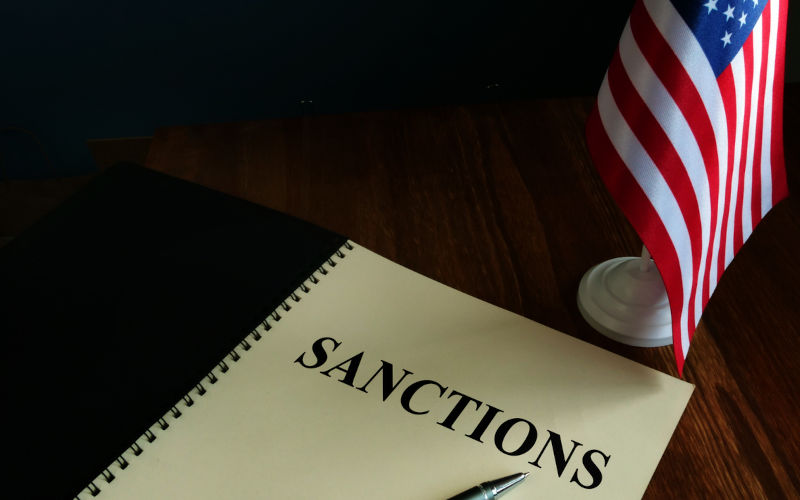Health impacts of sanctions deleted from UN declaration on universal health coverage (with Australian support)
September 24, 2023
In the lead up to the high-level UN meeting on universal health coverage (UHC) Australia has joined the US, UK and the EU in blocking any acknowledgement that unilateral coercive measures (sanctions) can have negative impacts on the achievement of universal health coverage.
The health consequences of sanctions include avoidable morbidity arising from increased barriers to accessing health care, and deepening poverty from the increasing risk of health care impoverishment (through catastrophic healthcare expenditures).
The UN declarations, adopted at high-level UN meetings, are negotiated in the months leading up to the meetings with several draft versions published at key points in this process. The first draft of the political declaration on UHC included a recognition of:
the importance of refraining from promulgating and applying any unilateral economic, financial or trade measures not in accordance with international law and the Charter of the United Nations that impede the full achievement of universal health coverage, particularly in developing countries (PP24).
However, this reference was removed from subsequent drafts (Rev.2 and Final). It appears that Australia joined with the USA, the EU, the UK, Switzerland, Canada, New Zealand and Ukraine in demanding the removal of this paragraph.
The text of the offending paragraph is taken from para 30 of A/RES/70/1 which is the resolution which launched the UN Sustainable Development Goals (SDGs):
States are strongly urged to refrain from promulgating and applying any unilateral economic, financial or trade measures not in accordance with international law and the Charter of the United Nations that impede the full achievement of economic and social development, particularly in developing countries.
This para takes its authority from General Assembly resolution A/RES/53/141, on human rights and unilateral coercive measures, adopted in 1999 by the UN General Assembly. A report from the Third World Network published in December 1999 provides useful background to this resolution.
In 2019, under the Morrison Government, Australia voted against Human Rights Councilresolution 40/3 on the negative impacts of unilateral coercive measures on the enjoyment of human rights. The resolution included reference to the negative impact of unilateral coercive measures on the right to life, the rights to health and medical care, the right to freedom from hunger and the right to an adequate standard of living, food, education, work and housing. In explaining its vote, Australia stated that We believe that sanctions can be an appropriate, effective and legitimate measure that is fully compliant with international law and the United Nations Charter. Australias explanation avoided any reference to the unilateral character of the sanctions being considered or to the negative impacts on human rights.
In voting against resolution 40/3 Australia lined up with Europe, the UK and Japan and against the 62 countries of the Non-aligned Movement who co-sponsored the resolution. In joining the US, UK and EU in demanding the deletion of the reference to unilateral coercive measures from the UHC declaration, Australia, now under a Labor government, is yet again aligning with the might is right perspective and again denying the health consequences of unilateral sanctions and their impact on the poorest of the poor.
The USA presently has sanctions in place against around 23 countries, using the blocking of assets and trade restrictions to accomplish foreign policy and national security goals (OFAC). A recent report from the Chinese Ministry of Foreign Affairs documents the harms associated with US sanctions against Cuba, Venezuela, North Korea, Iran, Belarus, Sudan, Russia and China itself.
One of the special features of US sanctions is its use of the US dollar privilege to force other countries to support its sanctions as well as coercing the target countries. The US dollar privilege arises from the fact that interbank dollar settlements take place in New York and the US Treasury can at the stroke of a pen exclude errant banks from participating in such settlements. The threat of such discipline causes widespread overcompliance because, in cases of uncertainty, banks elect to extend the sanctions rather than risk US punishment.
It is beyond dispute that US sanctions against Cuba, Venezuela, Nicaragua, Iran and other targeted countries have impacts on access to health care and the achievement of universal health coverage. Is it really in Australias national interest to pretend that they dont?

